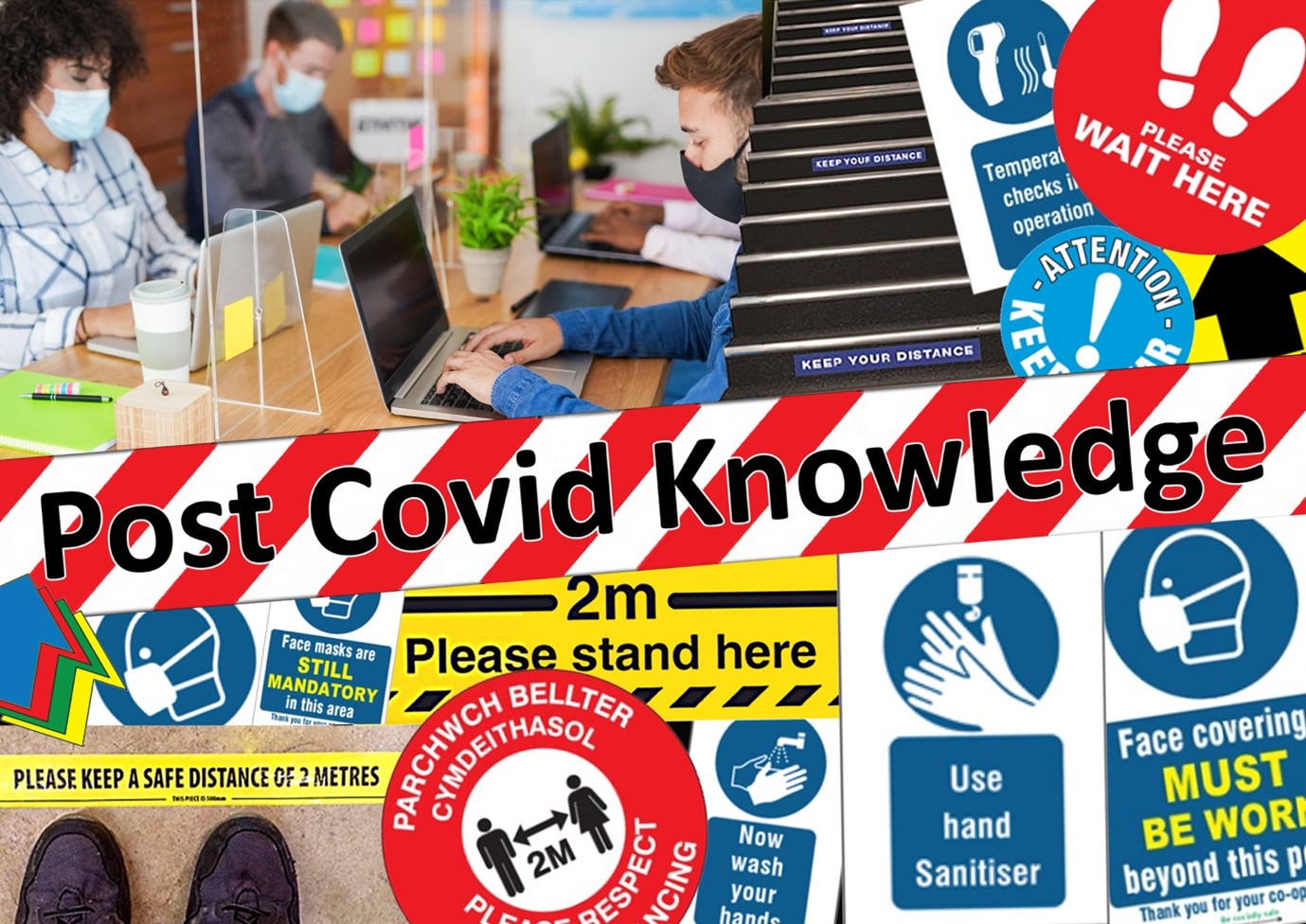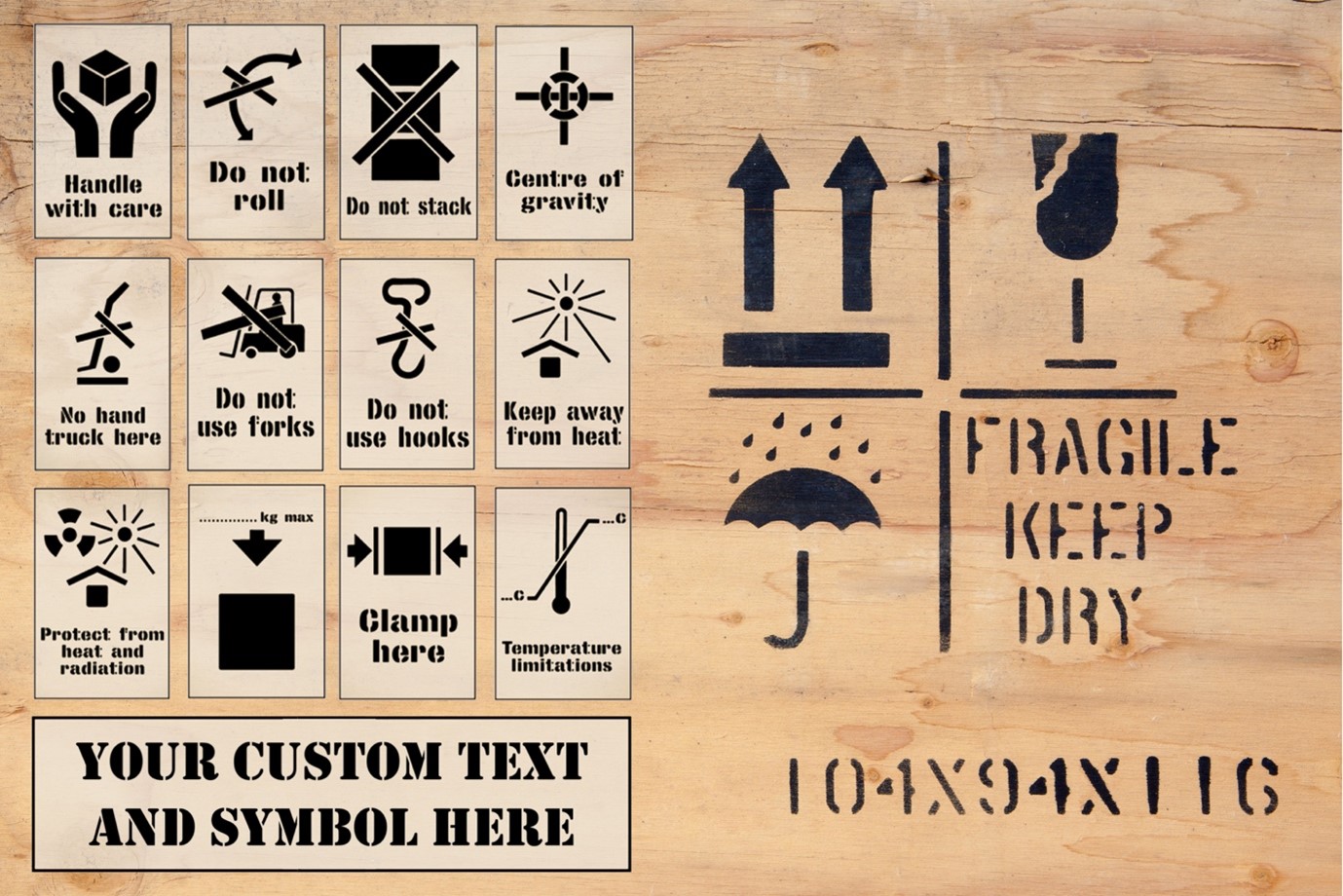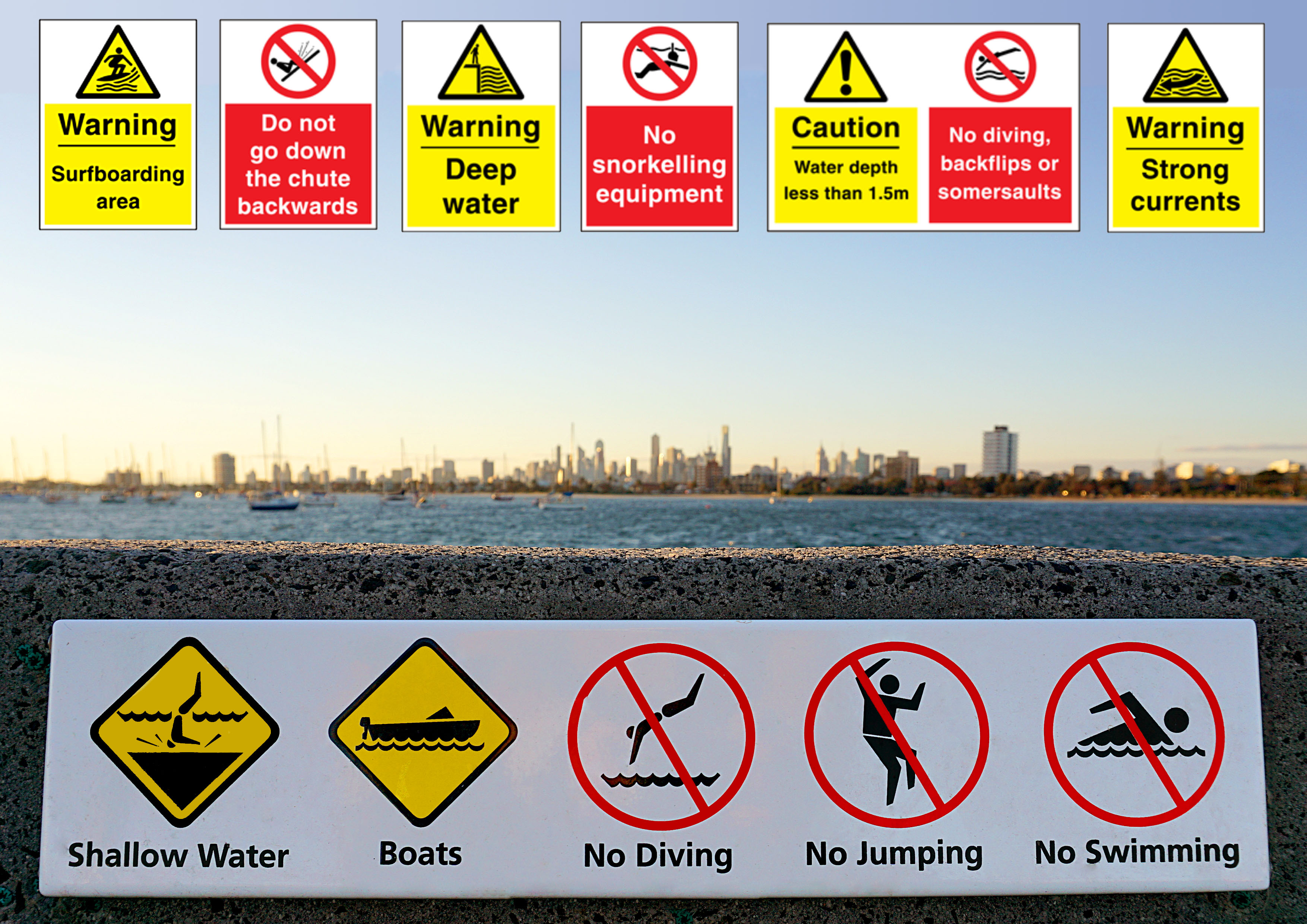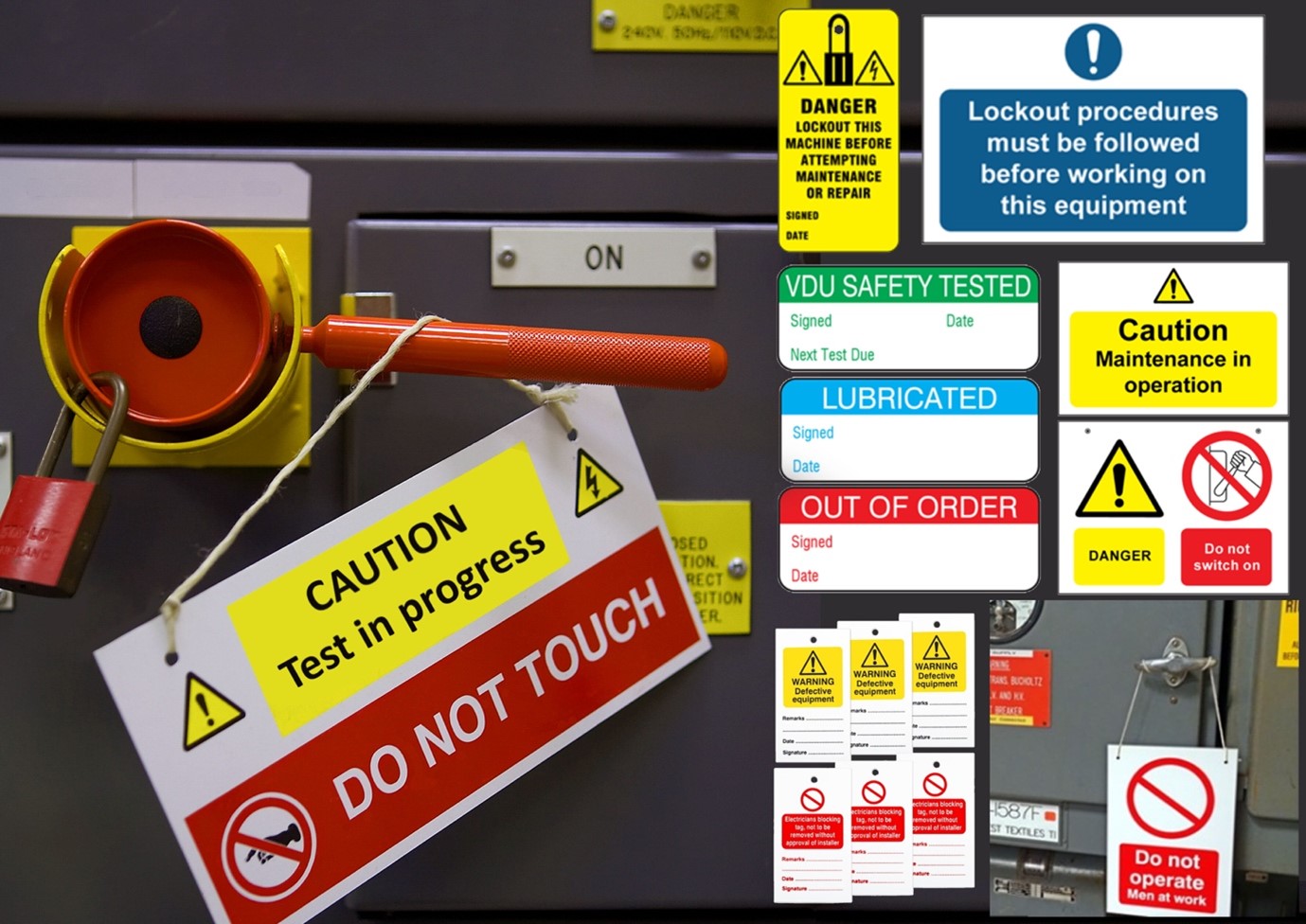
The successful vaccine rollout has meant that COVID-19 workplace guidelines are now shifting. Where previously the thought of working in the office felt like a dream, now we’re seeing more and more people return to work.
However, employers must stay in line with the latest guidance. The advice still changes quickly, and you need to do everything possible to keep employees safe.
Test your COVID-19 workplace guidelines knowledge below. More...

Packing and shipping are essential processes in the modern-day warehouse. The advent of Amazon Prime and other services has led to consumers expecting an ultra-fast service all the time, meaning companies have to fine-tune their shipping and logistics processes accordingly.
Logistics and streamlining exports is complex, but sometimes, small changes can make a big difference. Packaging stencils are one such alteration businesses use, helping warehousing and shipping without much effort.
Below, we’ll discuss how the warehouse shipping process benefits from packaging stencils and why you should think about using them. More...

Water is an essential utility. Some see it as the most important utility there is – without water access, everyone would struggle. The importance of water means that utility companies need to keep things running fluidly.
However, the pressures that come with having an error-free service can lead to safety issues. For this reason, having a water safety policy is paramount. Utility workers are exposed to heights, dangerous elements and the threat of water daily, so how do they keep safe?
Below, we discuss how water safety is enforced, the regulations around it and the role water safety signs have. More...

Wind energy is quickly becoming a cornerstone of the UK energy market. The latest government statistics list wind energy as the country’s second-largest electricity source. In fact, wind energy accounts for 1/5th of the UK’s energy production.
However, as wind leads the renewable market, both public and energy sector workers need to be aware of wind turbine safety.
Below, we’ll explain the wind turbine safety rules, common safety issues and the role of wind turbine signs and labels. We’ll also look at how safety regulations may evolve. More...

Industry plant safety and maintenance are complex processes, but both begin with something simple: labels. As with anything relating to industrial safety, awareness, education and warnings are the foundation of a good safety policy.
Alongside signs and labels, routine maintenance checks are the cornerstone of industrial plant safety. Unless aspects of the plant are tested regularly under different conditions, then employees can’t stay safe.
So, what does industrial plant maintenance look like? What are the stand-out aspects of industrial plant safety, and how do labels reinforce it? We’ve discussed all you need to know below. More...